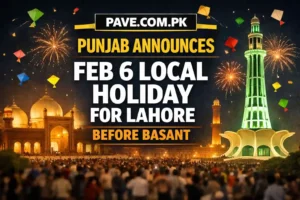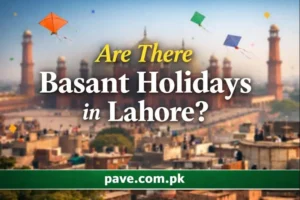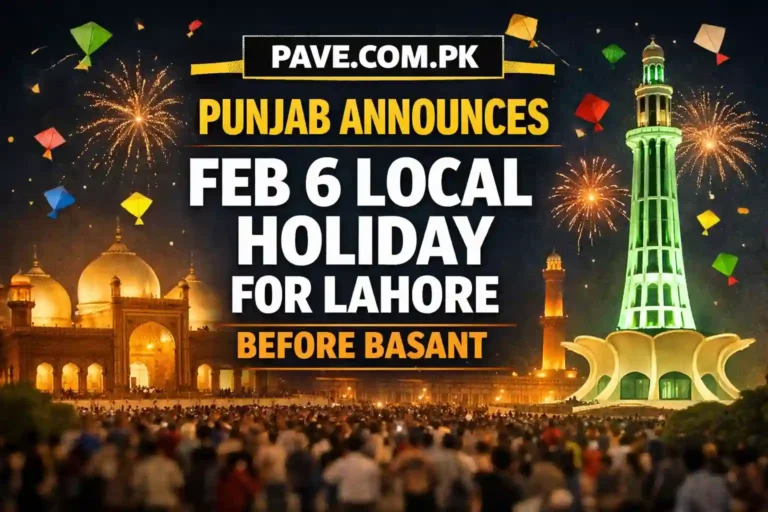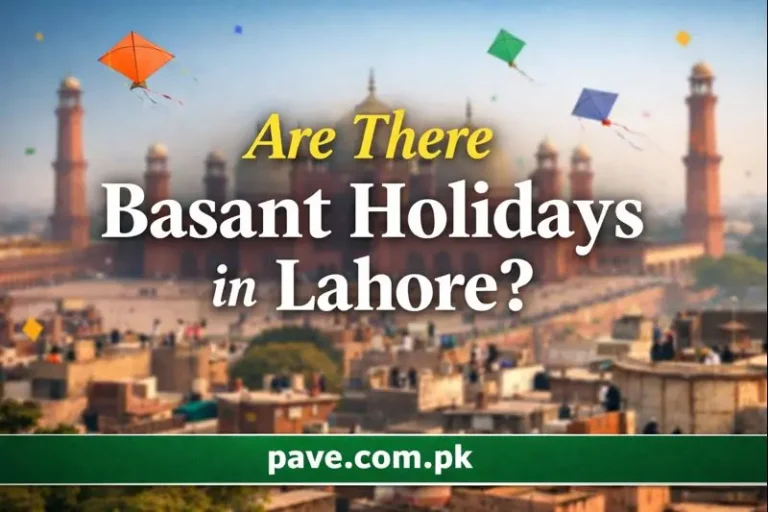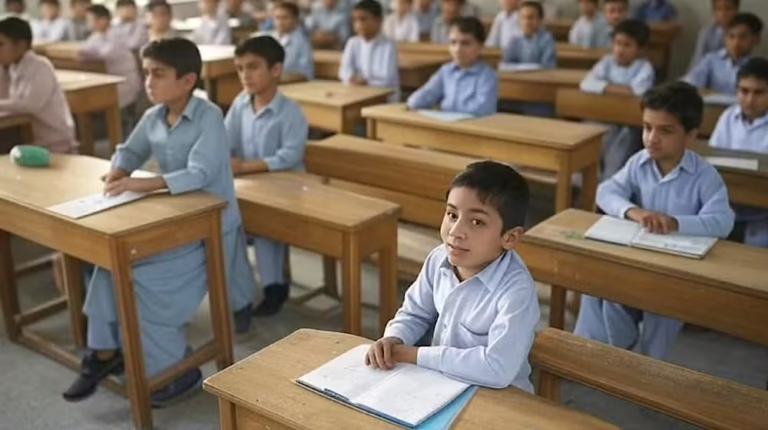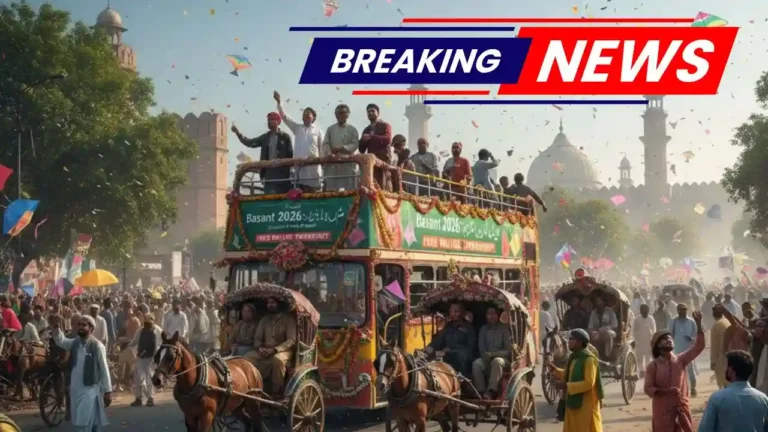Punjab Dhee Rani Programme October 2025 – A Ray of Hope for Poor Families

Punjab Dhee Rani Programme emerges as a beacon of hope in the dusty lanes of Punjab’s villages and the crowded neighborhoods of Lahore, Faisalabad, and Multan, where one story echoes louder than others: the struggle of parents to marry off their daughters.
Rising inflation, cultural pressure for dowries, and the soaring costs of weddings have turned what should be a joyous celebration into a nightmare of debt and despair.
For countless poor families, marriage — a sacred duty in Islam — feels impossible. Daughters remain unmarried not because of unwillingness, but because of poverty.
On September 25, 2025, Chief Minister Maryam Nawaz Sharif announced the Punjab Dhee Rani Programme — a welfare initiative designed to change this painful reality. By arranging 3,000 collective marriages across Punjab, distributing wedding essentials worth PKR 206,000, and granting PKR 100,000 in cash support to each bride, the programme promises to restore honor, hope, and dignity to underprivileged women and their families.
The Name: “Dhee Rani” — Daughters as Queens
The title of the programme carries symbolic weight. “Dhee Rani” translates to “beloved daughter” or “daughter as queen.” It reflects a profound cultural shift.
For generations, daughters in poor families have been seen as financial burdens because of dowry traditions. This programme reframes the narrative: the government declares daughters as honored and valued members of society.
The Social and Religious Context
In Islam, marriage is not meant to be a luxury event but a simple, honorable contract. The Prophet ﷺ encouraged simplicity, declaring: “The most blessed marriage is that which is easiest in expense.”
Yet in modern Punjab, marriage has become one of the most expensive milestones in a family’s life. Cultural expectations of dowry, elaborate furniture, and gold jewelry crush poor families. Many take loans they can never repay; others leave daughters unmarried for years.
The CM Punjab Dhee Rani Programme is not just financial aid. It is an effort to realign social practice with Islamic teaching, reminding people that dignity comes not from extravagance but from faith and simplicity.
Read More: Govt Launches Rs3.5m Loan Scheme for 5 Marla Houses
Who Qualifies? Fairness and Transparency
The programme is aimed at the most deserving families.
| Criteria | Details |
|---|---|
| Eligible Brides | Orphans, destitute women, Persons with Disabilities (PWDs), or daughters of PWDs, aged 18–40 |
| Who Can Apply | Bride herself, father, mother, or guardian |
| Residence | Punjab domicile required |
| Verification | Affidavit declaring bride unmarried and willing |
| Selection Method | If applications exceed quota, electronic balloting ensures fairness |
By using digital balloting and affidavits, the government minimizes corruption and favoritism — a long-standing concern in welfare schemes.
Key Features: More Than Just Weddings
🎁 Household Essentials Worth PKR 206,000
Each bride will receive a package of essentials, including:
- Holy Quran and prayer mat
- Double bed with mattress and mirror
- Dinner set and household items
This ensures newlyweds begin life with dignity, without being forced into dowry dependency.
💵 Cash Gift of PKR 100,000
Each bride receives a secure ATM card loaded with PKR 100,000, providing independence and flexibility.
👰 Collective Wedding Events
- 3,000 marriages organized across Punjab.
- Celebrations conducted at the community level, reducing costs.
- Promotes unity, simplicity, and joy across families.
These elements combine financial relief, empowerment, and cultural reform.
Application Process
The process is designed to be simple and transparent:
- Collect CNIC, domicile, affidavit.
- Submit application via bride or guardian.
- Screening and verification of documents.
- Electronic balloting if demand exceeds supply.
- Notification and participation in collective weddings.
This approach reduces the possibility of political manipulation or elite capture.
Stories from Punjab: Human Faces of the Programme
- Nazia, an orphan from Bahawalpur:
“I lost my father when I was young. For years, marriage seemed like a distant dream. Now, the government has become my guardian.” - Rashid, a daily wage worker from Sheikhupura:
“People told me to borrow money for my daughter’s wedding. This programme saved me from years of debt.” - Bushra, a disabled girl from Gujrat:
“I thought no one would ever think of girls like me. Today, I feel valued as a daughter of Punjab.”
These voices show that the programme is not just about numbers — it is about transforming lives.
Why the Programme Matters in 2025
The economic context is critical. Pakistan’s inflation in 2025 has hit record levels. Fuel, food, and housing costs are at an all-time high. Weddings, once modest, are now viewed as near-impossible expenses for the poor.
This programme offers:
- Immediate relief to struggling families.
- Cultural correction by discouraging dowries.
- Political credibility for a government seeking public trust.
It is both a social welfare policy and a political statement.
Wider Social Impact
If implemented honestly, the Punjab Dhee Rani Programme could reshape Punjab’s marriage culture:
- End to Dowry Culture: By normalizing state-backed simple weddings.
- Women’s Empowerment: Giving cash directly to brides through ATM cards.
- Poverty Reduction: Families spared from wedding-related debts.
- Community Harmony: Collective weddings promote togetherness.
The ripple effect could redefine Punjab’s social contract.
Expert Opinions
Dr. Hina Akbar, Sociologist, Lahore:
“Marriage delays cause frustration, family breakdown, and sometimes even crime. By making marriage affordable, the state invests in long-term stability.”
Mufti Abdul Rehman, Religious Scholar:
“This programme revives Sunnah. If governments discourage dowries and promote collective weddings, it will reduce the misery of poor families.”
These insights show that both secular and religious experts view the programme as transformative.
Challenges Ahead
Like every ambitious policy, challenges exist:
- Fair Distribution – ensuring benefits reach only the deserving.
- Cultural Resistance – families clinging to dowry traditions.
- Transparency in Funds – monitoring cash distribution.
- Sustainability – whether funding will continue beyond current government.
Failure to address these risks could undermine the programme’s credibility.
Comparisons Beyond Pakistan
- India: States like Madhya Pradesh run similar schemes to support poor girls’ marriages.
- Bangladesh: NGOs arrange collective weddings for orphans.
- Middle East: Governments offer dowry substitutes and marriage funds.
Punjab’s initiative thus fits into a regional trend, but stands out for its scale, gifts, and cash support combination.
FAQs – Punjab Dhee Rani Programme 2025
Q1: What is the Punjab Dhee Rani Programme?
It is a scheme by CM Maryam Nawaz to help poor families marry their daughters with gifts and cash support.
Q2: Who can apply for the programme?
Orphan girls, destitute women, PWDs or daughters of PWDs (age 18–40) with Punjab domicile.
Q3: What benefits are given to brides?
Wedding gifts worth PKR 206,000 plus PKR 100,000 cash through an ATM card.
Q4: How to apply for the programme?
Submit CNIC, domicile, and affidavit. Selection is done through electronic balloting if applications are more than the quot
Conclusion: Daughters as the Heart of Punjab
The Punjab Dhee Rani Programme is not just welfare; it is state recognition of women’s dignity. By supporting 3,000 marriages with PKR 206,000 in gifts and PKR 100,000 in cash per bride, CM Maryam Nawaz Sharif has positioned her government as a guardian of the poor.
This programme does three things at once:
- Relieves financial stress.
- Corrects harmful cultural practices.
- Strengthens trust between people and government.
Above all, it tells every poor girl in Punjab:
“You are not forgotten. You are not a burden. You are our Dhee Rani — our queen, our pride, and our daughter.”
If carried out with sincerity, this initiative could become a defining legacy for Punjab — and a model for the rest of Pakistan.

